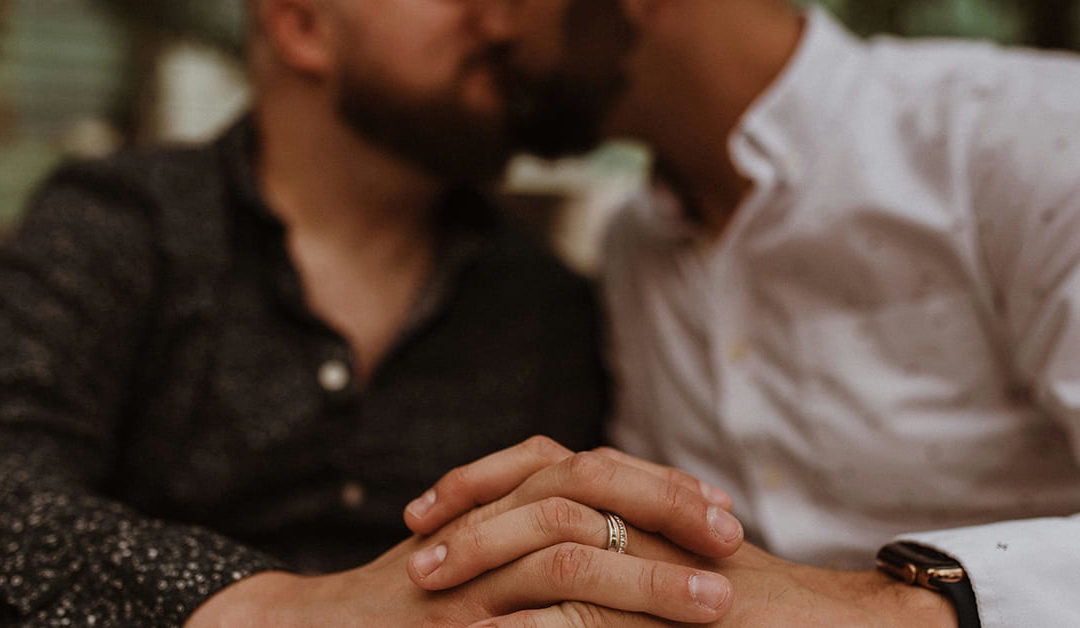A reaction is an unconscious action. It’s an immediate kind of reflex, where we don’t do any processing of how we actually want to engage with the situation and what the healthiest or most productive next step could be. A response, on the other hand, can be a carefully considered mindful action, where we observe our own thoughts and feelings in the situation (and perhaps those of anyone else involved) and consciously choose what we want to do next.
In many ways you could say that reacting is an unsophisticated way of interacting and puts you in an ‘out of control’ kind of place. To respond, rather than react, requires a degree of maturity and mastery of one’s emotions.
Triggers cause reactions
Often, when we react in an unthinking way, it is because the situation has pushed a hot button (or ‘trigger’) that relates to an unresolved past negative experience. These triggers can put us into what psychotherapist Pete Walker calls an ‘emotional flashback’ where we are no longer present and in a mindful state but are instead emotionally taken back to a place of wounding or trauma.
Why is it important to respond rather than react
Taking responsibility (or mastering ‘response-ability’) means having an awareness about our relationship with the situation itself. What I mean by this is our internal dialogue, where we can ask ourselves: ‘How do I feel about this? How do I want to respond? What outcome do I want?’ and ‘What response will give me the best chance of getting this outcome?’
This allows us to make conscious choices about how we connect and communicate with others. It also allows us to stay in the present, with our emotions tuned in to what is actually happening in the moment, rather than our emotions whirling around in an unconscious response to past hurts or traumas.
I’m going to give you an example: I was working with a young woman last year. She had a father who had some big challenges around anger. He would go into an explosive rage if she was ever even a minute late for something. He would rant about ‘respect’ and make her feel incredibly small and ashamed that she would dare to waste his time by keeping him waiting for even a minute. It didn’t matter if it wasn’t her fault and whether she had been on a train that had been delayed – if the hand on the clock was more than a few seconds past the exact time she was due to see him, she would have to apologise profusely and calm his stress with a long speech about how much she respected him and his time. I am sure that, like a lot of these kinds of things, this was an inherited trauma that had been passed down to him from one of his early caretakers. In any case, it took a lot of self-development work on her part to stop reacting with a severe judgement to anyone who is ever late for her. She had to learn to master her emotions and her sense of ‘they don’t respect’ me, to be able to respond without unnecessarily high stress on her part when someone is late. She does have good boundaries, so of course she appreciates an apology and explanation when someone is late, and they won’t arrive finding her in a state of total triggered reactivity.
Another personal example is when a few weeks ago when I was speaking to my daughter about some rather exciting news in our family. She made a comment that had me feeling VERY triggered. I had an instant reaction to this and wanted to just hit the red button on my phone.
I would like to explain what happens when we are triggered like this. We can be having a pleasant conversation with someone, and then they say something or we say something and there is an unpleasant trigger. As this happens there is a chemical reaction in the body and we release stress chemicals in the bloodstream, one of them being cortisol.
As this happens we literally exit our rational brain and go into our limbic brain – often referred to as the reptilian or primitive brain, it’s the part of the brain that is responsible for survival, drive, and instinct – the fight and flight response. So, the next time it happens to you, notice how it feels in your body and become aware of where you feel this in your body. I generally feel it here ….. Others describe feeling it in their head, their chest, the pit of the stomach. Just notice what you notice and know that this is the chemical response.
At that very moment we have a choice. So stop, breathe and think of your response. When this happened to me a few weeks ago, I managed to stop, breathe and I then said “I’m feeling very triggered right now and I would prefer to talk about this at another time. Let’s stop this conversation and I’ll chat to you tonight.
Rather than going into a triggered state of defensiveness – which I used to do as a reflex I now take time to process what meaning I am giving the situation and try to get curious about why this is a trigger for me. Of course I am human too and sometimes I do still react, but I generally respond more than react by applying the following information I am going to share with you. With any trigger situation, it takes a good 20 minutes for these stress hormones to dissipate in the blood stream, so no good is going to come from a conversation, trying to make sense of things. You will notice a complete mind shift and that your response is different if you take a break (and I don’t mean that you should exit completely and leave the other person wondering what is happening). Announce that you feel triggered and that you would like to discuss it a little later or sooner (after 20 minutes) when you feel calmer. Go for a short walk, make a cup of tea or coffee – listen to some music and get into a calmer state.
Mastering the art of responding rather than reacting
Learning how to respond is an important relationship skill. In my video ‘how to respond rather than react’, I take you through a structured guided framework to help you master the art of response-ability. If you’d like to sharpen your skillset in this area and gain some helpful mindfulness tools, do click on the link to that video. With practice, this skill can become second nature and can be a powerful way of connecting more deeply with yourself and with others.



